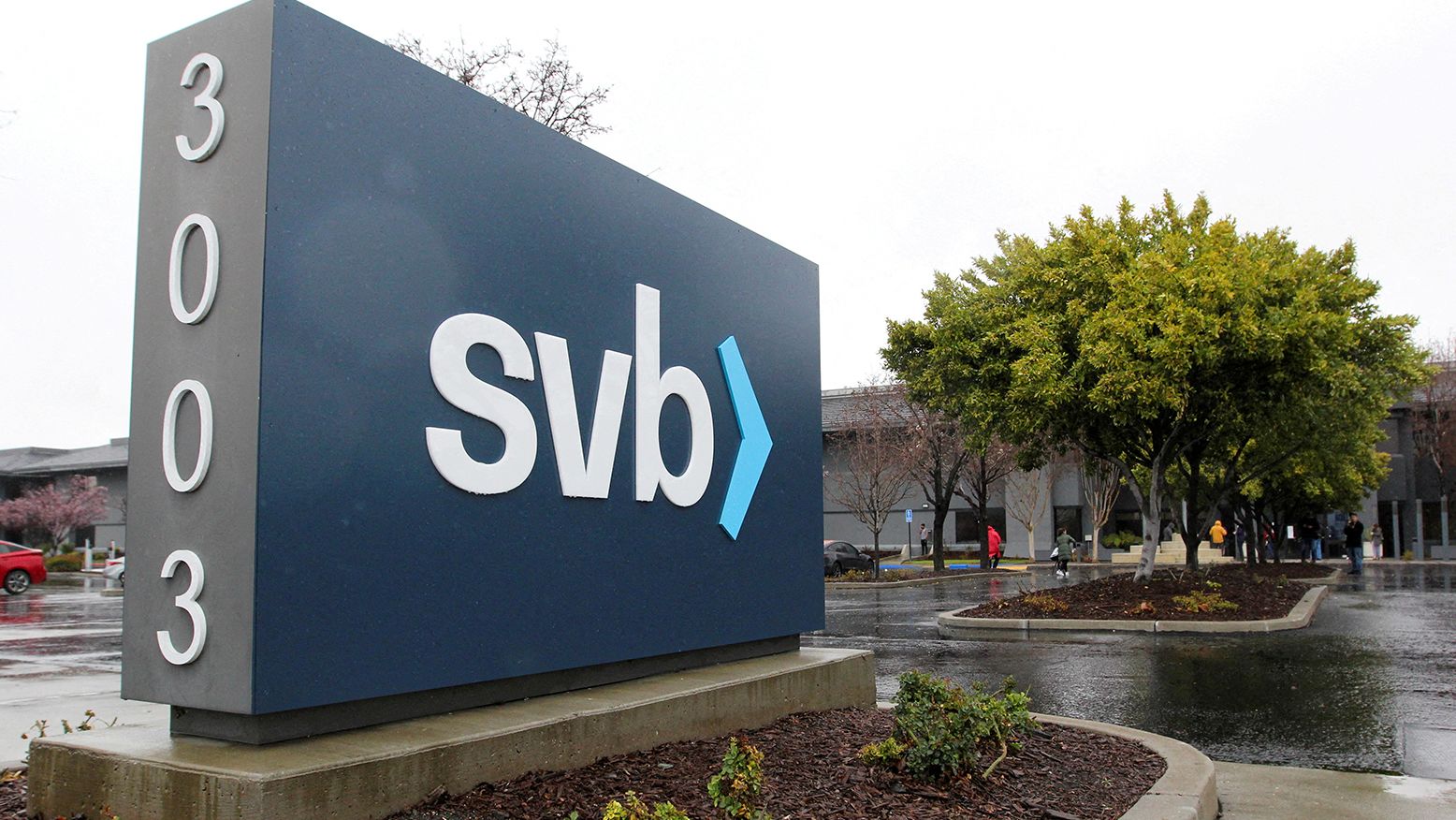
By Biodun Busari
The uneasiness of Nigerian tech startups has aggravated over the collapse of Silicon Valley Bank as the United States Treasury Secretary, Janet Yellen, said yesterday that the Federal Government would not bail out the bank.
While US financial giant HSBC has acquired SVB UK, the tech firms in Nigeria which rank among the biggest players in Africa’s tech start-up ecosystem will be distressed by the crash.
Although experts say the impact on Africa’s most populous nation’s project capital initiative will be insignificant. It is, however, still unclear how the collapse will affect the booming local startup sector.
Between January and August 2022, fintech startups in Nigeria registered a total funding value of $507 million, significantly increasing from amounts received from 2015 to 2020.
Reports revealed that there were over 140 fintech startups in the country as of 2021.
Speaking on the reality of the situation, Adedeji Olowe, founder and CEO of Lendsqr, a fintech company, was earlier quoted to have said that while some startups may have funds trapped in the bank, the funds have not disappeared.
In the same vein, the co-founder of Carbon, a digital bank, Ngozi Dozie, was also quoted to have said, “VCs make investments and call capital from investors – this money is used to repay SVB loans. So, funds for investment are not in SVB. But funds for VCs to operate, pay salaries and management fees will be in SVB.”
Yellen, in an interview with CBS’ “Face the Nation,” provided few details on the government’s next steps. But she emphasised that the situation was much different from the financial crisis almost 15 years ago, which led to bank bailouts to protect the industry.
“We’re not going to do that again,” she said. “But we are concerned about depositors, and we’re focused on trying to meet their needs.”
With Wall Street rattled, Yellen tried to reassure Americans that there will be no domino effect after the collapse of Silicon Valley Bank. “The American banking system is really safe and well-capitalised,” she said.
“It’s resilient.” Silicon Valley Bank, based in Santa Clara, California, is the nation’s 16th largest bank. “It was the second biggest bank failure in US history after the collapse of Washington Mutual in 2008. The bank served mostly technology workers and venture capital-backed companies, including some of the industry’s best-known brands.”
Silicon Valley Bank began its slide into insolvency when its clients, mainly technology companies that needed cash as they struggled to get financing, started withdrawing their deposits. The bank had to sell bonds at a loss to cover the withdrawals, leading to the largest failure of a US financial institution since the height of the financial crisis.
Yellen described rising interest rates, which have been improved by the Federal Reserve to combat inflation, as the core problem for Silicon Valley Bank. Many of its assets, such as bonds or mortgage-backed securities, lost market value as rates climbed.
Disclaimer
Comments expressed here do not reflect the opinions of Vanguard newspapers or any employee thereof.